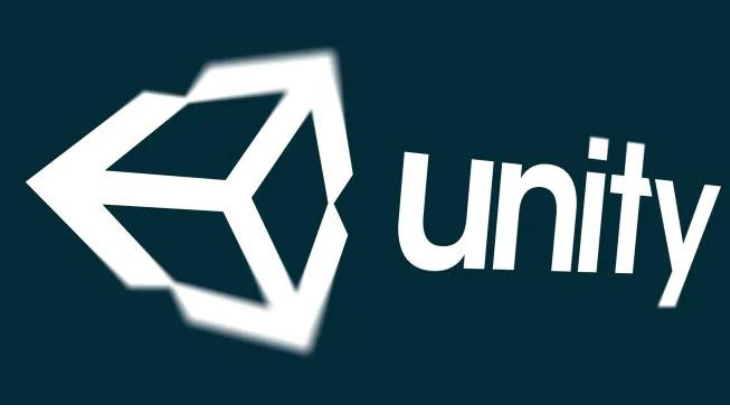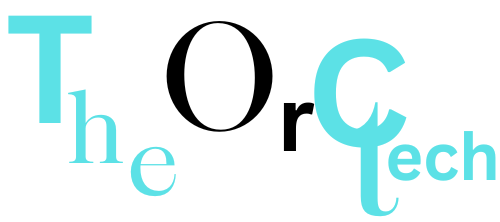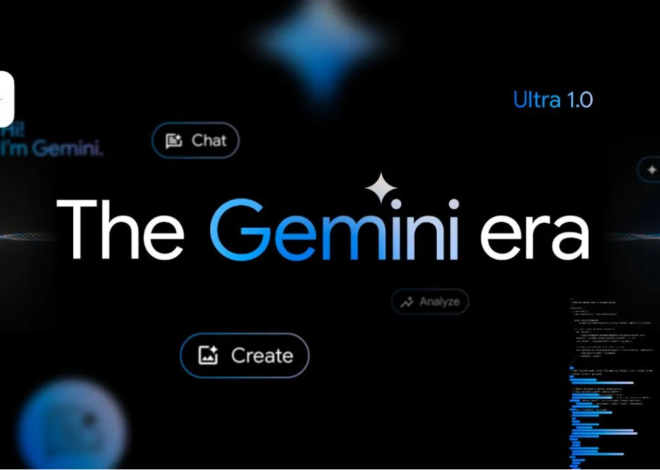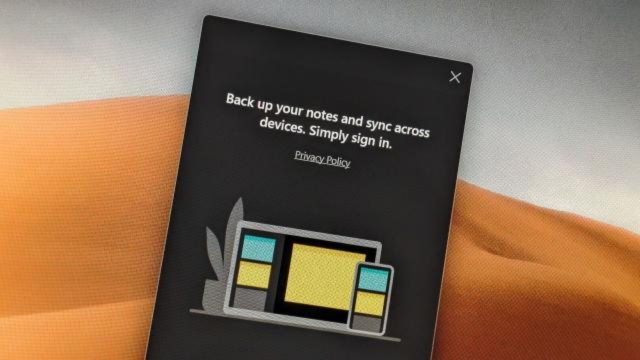
Unity U-turns on controversial runtime fee and begs forgiveness
Unity, the cross-platform game engine, has swiftly reversed its contentious pricing model following a wave of backlash from the gaming community. The revised policy, more favorable to independent developers, aims to mend trust after a tumultuous episode of fee-related controversy.
Unity has reversed its controversial pricing model, which received widespread criticism from its cross-platform users. While a revised pricing policy is on the horizon, it is notably more favorable for independent developers, a group that had previously considered abandoning the engine and platform rather than accepting the original terms.
The announced changes were made public just last week and swiftly garnered widespread disapproval from the gaming community. This led to a hurried “clarification” attempt to downplay the introduction of a “runtime fee” associated with games surpassing a specific revenue threshold. The initial plan faced vehement opposition due to both the added expenses it would impose and the perception that Unity’s leadership was out of touch with the community it served.
Also Read | Eight things we learned from Intel’s Innovation keynote
In less than a fortnight since its introduction, the runtime fee policy has undergone a near-complete reversal, with its architects publicly acknowledging their misstep and expressing humility before their customers. Unity Create’s head, Marc Whitten, apologized and explained the changes.
” I want to start with this: I am sorry.
We should have spoken with more of you and we should have incorporated more of your feedback before announcing our new Runtime Fee policy.
You are what makes Unity great, and we know we need to listen and work hard to earn your trust. We have heard your concerns, and we are making changes in the policy we announced to address them. “
In the updated terms, no runtime fee will be imposed on games developed with the current Unity version. The fee will exclusively affect developers who choose to adopt the latest version in 2024. Unity Personal will continue to be offered at no cost, and the revenue threshold for mandatory tier upgrades has been elevated to $200,000. Additionally, for earnings surpassing $1 million, users have the choice between a per-user fee or a 2.5% revenue share, selecting the option with the lower cost.
Whitten also announced that he will be hosting a live Q&A session today at 1 PM PDT, during which additional clarifications may be provided.
It appears that the overall adjustments have addressed the community’s concerns with the new terms. These changes are essentially opt-in, or a natural consequence of success since they will mainly apply to new projects starting in 2024. Therefore, existing games and those that have existed for a long time will not be affected retroactively.
Also Read | Prime Video ads to launch in 2024 on Amazon
The community has undeniably been rattled by Unity’s heavy-handed approach to implementing changes that could have placed a financial burden on its customers. Users are wary of potential future actions by the company despite the anticipated mass departure being considerably smaller now. The trust that Unity had painstakingly built over time has been significantly undermined by this poorly conceived initiative. As a result, many developers may now seriously explore alternatives rather than taking the risk of Unity altering its terms once again.













